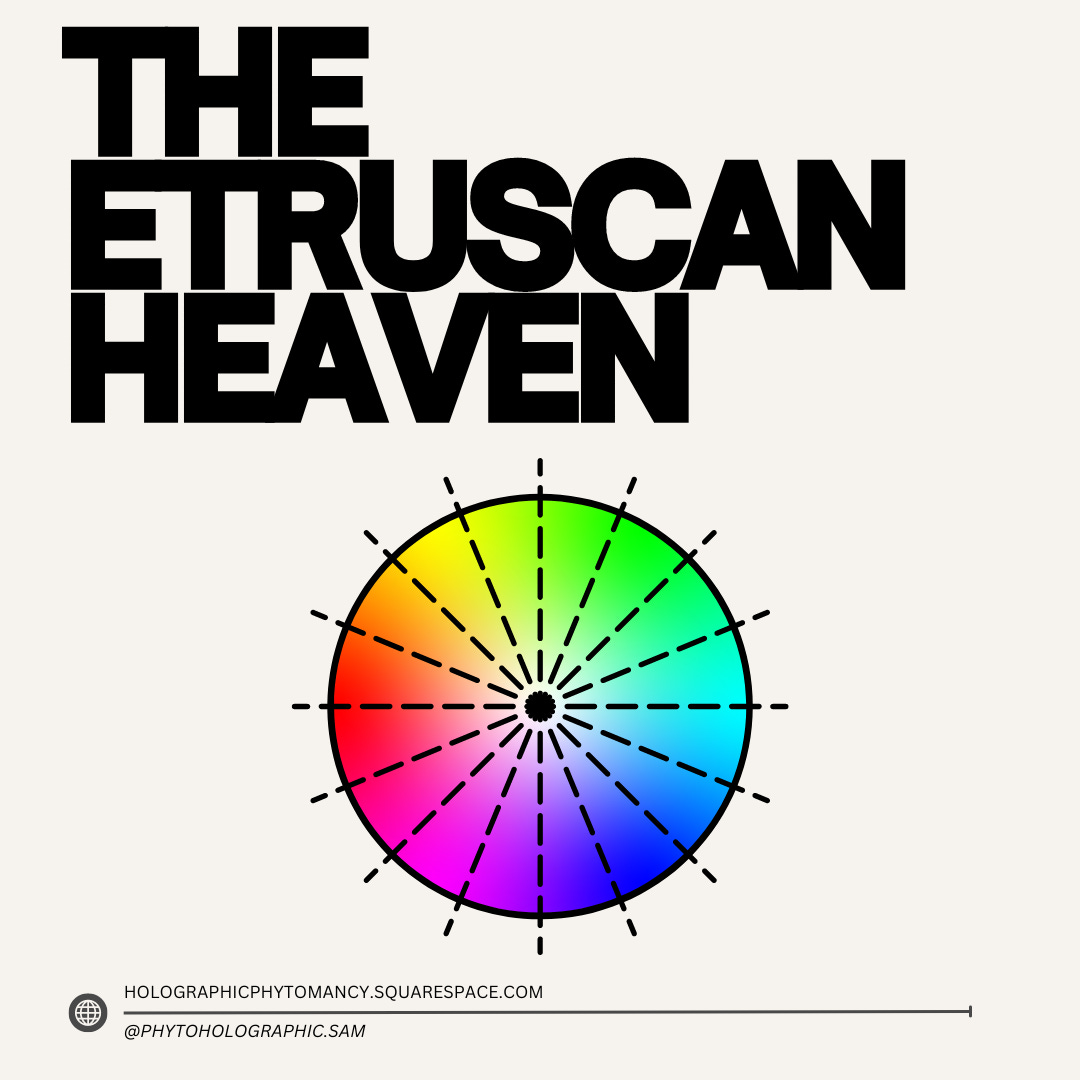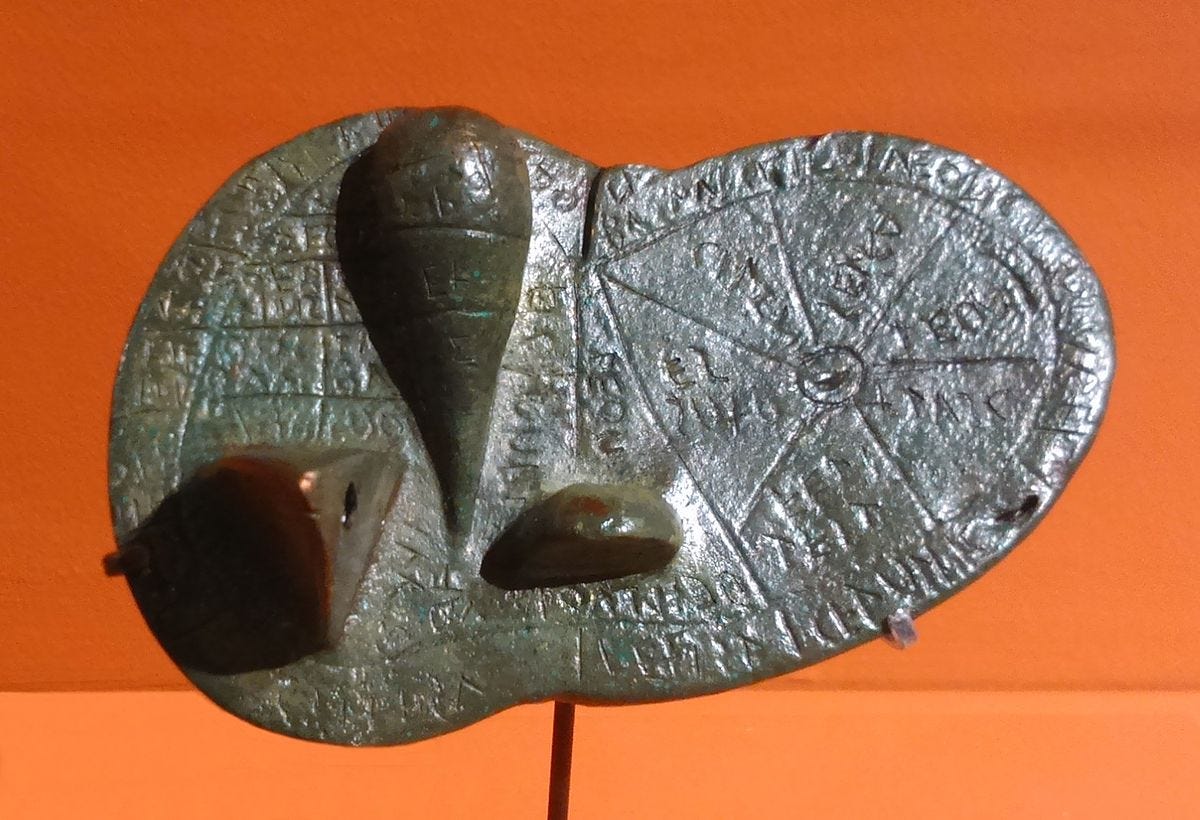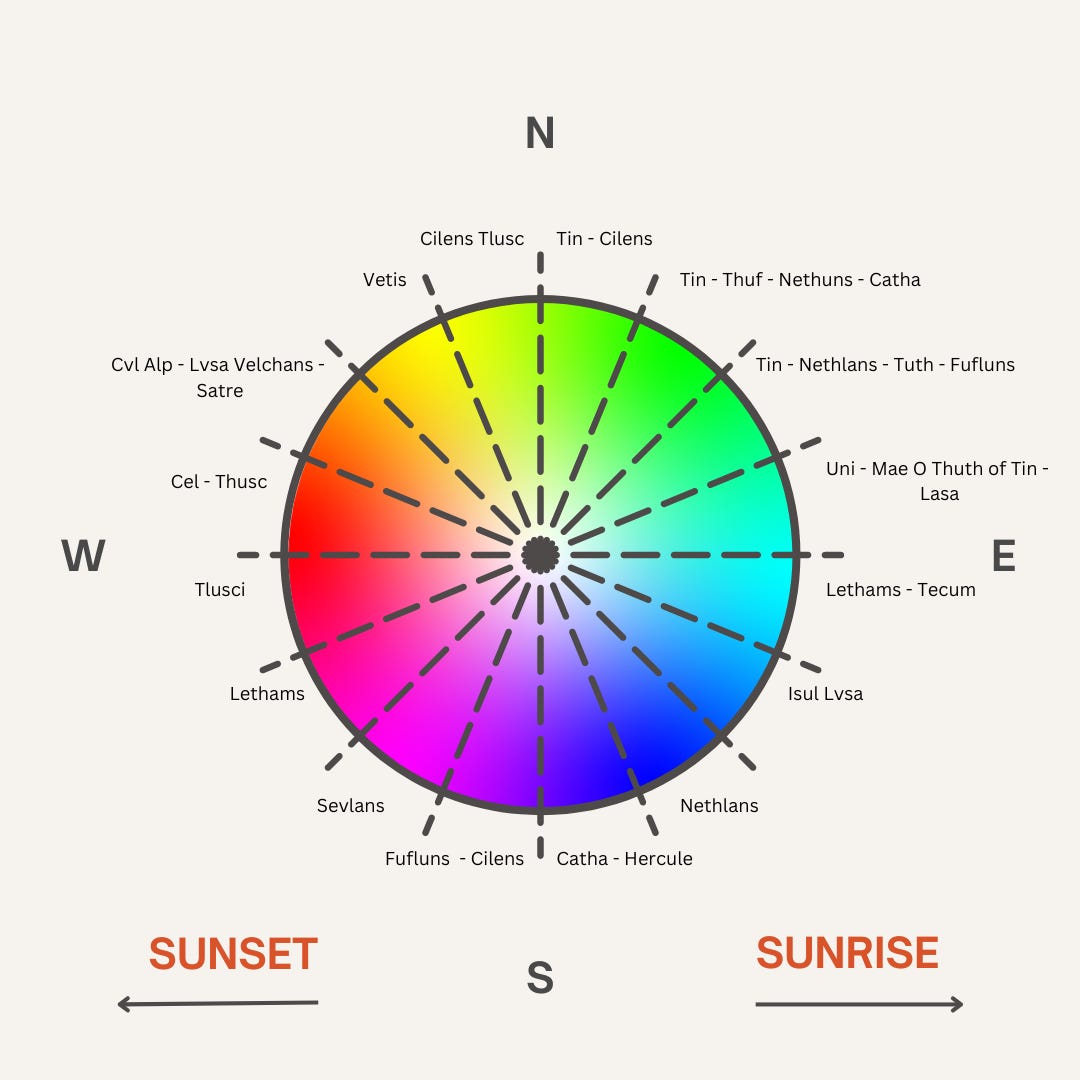Why Do I Talk About the Etruscans?
A very big part of my practice is researching my ancestors’ perspective on philosophy, health, and wellness. Because my ancestors are fully Mediterranean, I spend a lot of time connecting with this area. However, I have developed a deeper connection with my Etruscan ancestors, who were the indigenous people of Ancient Italy. Learning about their medicine, culture, and reverence for the elements/nature has guided my practice with botanical medicine (herbs & whole foods) and vibrational medicine.
Who Were the Etruscans?
The Etruscans, who are thought to be the indigenous people of Italy, thrived during the Villanovan Era, controlled a considerable portion of Italy, and founded the city of Etruria (Tuscany)[2]. It has been speculated that the Etruscans were extremely wealthy folk who cared deeply for their people and environment [79]. There have been many accounts stating that Etruscans called themselves Rasenna, Rasna, or Raśna.
The Liver of Piacenza
Found in the province of Piacenza, Italy, the Liver of Piacenza is a life-sized bronze model of the liver of a sheep [21]. It depicted The Etruscan sky, which was divided up into 16 regions or houses. It looks oddly like a zodiacal wheel split up into 16 houses instead of 12. These divisions were attributed to the specific deities of the Etruscan Pantheon. In essence, the inscriptions detailed each region was associated with a specific deities (Ais/Aiser) and the region or house they reigned in certain cardinal points and seasons [16].
The Liver of Piacenza
Etruscan Equinoxes
Etruscans built sacred temples facing the direction in the sky where a specific God ruled or resided according to the Liver of Piacenza [18]. There is speculation that Etruscan “heaven” was subject to the sky’s movement according to the seasons, and the Liver of Piacenza was rotated clockwise or counterclockwise depending on the position of sunrise and sunset on the solstices and equinoxes [19]. The temples that were built to honor specific Gods were “empty” when not in position with the sky due to the change of season, but when aligned, it was said that the God of that temple could and would “visit” from the sky [20].
Haruspex & Hepatoscopy
The Etruscans practiced a form of divination called Hepatoscopy, which was the sacrificing of animals, and examining their entrails to receive a divinatory message. This divination reading was performed by the Haruspex, who was the exalted figure in the Etruscan community, and acted as physician, astrologer, and diviner.
The Etruscan Heaven
If lighting was striking the North-most part of the sky, then the Etruscans knew that it was their God Tin (their supreme Sky God) who was trying to communicate with them.








